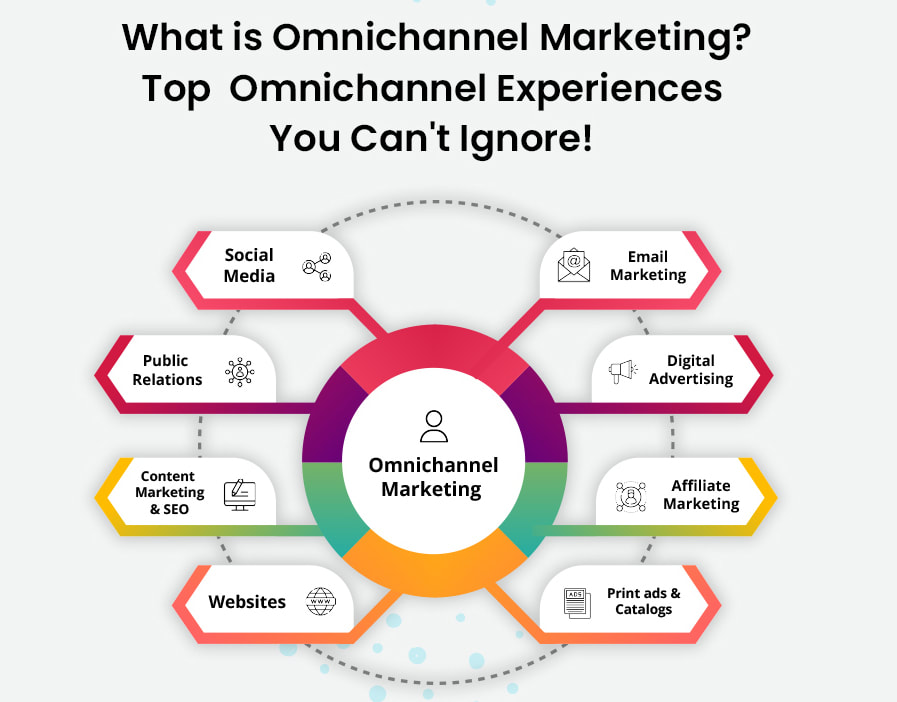|
The consensus is clear: Gender equality in ads is a good thing, stereotyping is a bad thing—and Advertising Week has a lot of panels on the subject. Most industry conferences have panels on it. The Association of National Advertisers even took on the issue in a big way with its #SeeHer initiative last year to eliminate bias in ads and media. So, what's changed? Not a damn thing, according to the Geena Davis Institute on Gender in Media, which uses its artificial intelligence system GDIQ to scan thousands of commercials and entertainment for the number and quality of female and male roles. "Essentially there's been no change from 2006 to 2017," says Madeline Di Nonno, CEO of the institute, during the panel, "The Truth About Gender Bias in Ads in 2017." In some ways, things are getting worse, the institute found. Men's roles, besides being more numerous and prominent, are increasingly likely to be funny, it says, while women are still largely in the kitchen. Further, only one in five are portrayed as having jobs, and they usually speak simple sentences and monosyllabic words. Plus, "women are getting younger, and they're getting dumber," in commercials and entertainment, Di Nonno says. Danone, represented on the panel by Jeffrey Rothman, vp of marketing strategy and innovation, is instituting its version of the NFL's "Rooney Rule" for coaching vacancies, he said, by requiring a female candidate be considered for every directing job. "SeeHer is the back end of measurement. What hasn't changed is the front end of changing the numbers and representation of female directors and producers and executives in the entertainment industry," panelist Debra Bass, president, global marketing services of Johnson & Johnson, said in an interview after the session. "Until the industry changes systemically, these numbers aren't going to change." J&J is pushing agencies to put more women in executive roles, and she applauded BBDO's recent appointment of Kirsten Flanik to CEO of its New York office. Bass, who presented alongside J. Walter Thompson CEO Lynn Power, said media shop J3 and other J&J shops have mainly female executives on its business. "We've shifted dollars" to programs with better gender-equity scores, Bass said, and they recently added the ANA's Gender Equity Measure to how it vets ads. J&J marketers aren't yet evaluated based on GEM scores, but that could be coming. In the meantime, the facts seem to speak for themselves. "Men are 89 percent more likely than women to be shown as smart" in entertainment and commercisals, Di Nonno says, which is actually up from 62 percent only a year ago. "This is despite the fact that we know women get 57 percent of bachelor's degrees." Article written by Jack Neff, AdWeek editor at large
0 Comments
 Tony Robbins Breaks Down the 10-Minute Exercise He Does Every Morning to Have More Energy It's called "priming." If you want to start your day the same way Tony Robbins does, you only need to set aside 10 minutes. Start your day doing these four things: 1) Perform breathing exercises 2) Express gratitude 3) Experience connection 4) Visualize success  "Big Data is not a strategy. It is just a lot of data. Automation is not a strategy. It is a process done by machine. Hyper-personalization is not a strategy. It can be creepy. Content is not a strategy. It is everything. Social media is not a strategy. It is all media. Innovation is not a strategy. It is a fancy word for new ideas. Bots is not a strategy. It is a software that runs automated tasks. A strategy is not about big words. It is all about choices. Focusing on a segment of the market is a strategy. Prioritizing a geographic location is a strategy. Emphasizing a brand attribute is a strategy. Doubling down on a particular time of the year is a strategy. Solving a particular problem is a strategy. Avoid jargons, make clear choices." Alberto Brea: Executive Director, Engagement Planning at OgilvyOne Worldwide It seems worth sharing the well articulated commentary of others.  Did you hear the news? America’s bacon reserves have hit a 50-year low and pork belly prices have risen 20 percent in the first three weeks of 2017. Maybe you visited the site baconshortage.com or conferred with the USDA just to ease your anxiety after listening to the media (USA Today, NBC, CBS, and even Business Insider) report on this frightening forecast. At the end of 2016, bacon reserves were a mere 17.8 million pounds, a decrease of 35 million pounds from 2015. Are you scared yet? Although frozen pork belly inventory is lower and its price has increased by 50 cents per pound, there is no shortage of bacon and the creation of the baconshortage website was touted as a marketing opportunity and it has since been taken down. Although these tactics were lambasted as a stunt, the marketing tactic was clearly effective, having made national news by creating an Orson Welles-like momentary panic. With fake news and alternative facts crowding out facts and figures, these strategies may be more of a detriment to a brand. People expect that when a post is made by a brand or its official channels, the news will be true. When building awareness and engagement for a brand Entrepreneur suggests basing your campaign in fact and creating fascinating ads based on those facts, not straying too far from who you are as a brand, or the cultural landscape. Facebook and Google have got the message: Google removed 7 million false ads that were attempting to trick their detection system and Facebook is rolling out a pop-up notification informing users that independent fact-checkers have disputed the validity of some news stories to help quell the spread of misinformation. (From a post written by Saurage Research http://www.saurageresearch.com/fakin-bacon/)  So, for "those that aren't in the know," Edelman is predominantly a global Public Relations firm that expends vast resources to tap into business and media pulse points in an effort to more effectively "move the needle" whatever direction their clients want them to go. They do a remarkable job at it and are worth listening to on the subject. From Edelman: As populism plays an ever-growing role in the global political landscape, it is becoming a force that business leaders ignore at their peril. At its essence, populism represents a crisis in trust, a sense that the institutions of government, business, the media and even NGOs—and the people who lead them—no longer represent the best interests of the general population. What do today’s populist tendencies mean for business—and what must business leaders do to earn the license to lead and protect themselves against the risks? The 2017 Trust Barometer explores the opportunities for business to lead and earn trust in an era of populism, and the imperatives for leaders of all kinds or organizations to develop a new model of earning trust. Key findings from Edelman’s 2017 Trust Barometer include:
About the Edelman Trust Barometer The 2017 Edelman Trust Barometer is the firm’s 17th annual trust and credibility survey, the largest survey of its kind spanning 28 countries and 33,000 respondents. Want to learn more about the Edelman Trust Barometer? March 23rd from 11:30-1pm IABC Houston is hosting speaker Chris Manzini, Edelman General Manager, Houston and Dallas offices. Sign up at this link. iabchouston.starchapter.com/meet-reg1.php?id=52 (Borrowed from the WNEP website blog. It was just too good not to share here. The reading of a young Girl Scout’s email to one of her father’s “very rich” friends captured the attention of Mike Rowe and millions of viewers on Facebook.
Charlotte McCourt is a Girl Scout whose father Sean works on a podcast with Mike Rowe, who you may best know from Discovery Channel’s “Dirty Jobs.” Charlotte’s dad had mentioned that one of his friends from high school was “very rich.” Less than an hour later, he noticed an email in his Sent folder, not one that he had sent, but one that his daughter sent to his rich friend. Upon discovering the email and seeing its hilarious contents, he shared the email with Mike Rowe who read it in its entirety in a video on his Facebook page. If you know a Girl Scout, you know that when cookie season comes around they can be quite the salespeople, but none quite as honest, and effective as young Charlotte. Her email begins, “I’ve been informed that you’d like to purchase several cookie boxes for our troops serving overseas.” Charlotte goes on to say, “Most importantly, I would like to tell you about the cookies themselves, for some of the descriptions I’m afraid use false advertising.” Charlotte then goes on to give a very honest description and rating of each of the various flavors of Girl Scout Cookies. Her least favorite cookie is the Toffee-tastic which she describes as a “bleak, flavorless, gluten-free wasteland.” Charlotte isn’t just harsh, she’s shows some other cookies love, describing Savannah Smiles as having “divine taste” and her personal favorite, Samoas, as having “amazing flavor.” Charlotte’s straightforward approach must have worked. Her goal was to sell 300 boxes of Girl Scout Cookies this year, a goal which at the time of this post had already been reached (no surprise there) according to her “Charlotte’s Cookie World” website. Congratulations Charlotte, you have a bright sales future ahead of you! If you would like to purchase cookies from Charlotte, you can visit here website HERE. Please click on the link at the top of this post to view Shawn Dunn's video.  For most individuals and companies, the New Year provides an opportunity to reflect on the past and look towards the future. We all do it. So in assessing the status of your brand and your brand stewardship; consider these 10 questions:
Welcome to our new website! Welcome to the soft launch of our new website which is a labour of love. Take a look around and let us know what you think.
Come back soon and see what posts are added here. We are planning to focus the blog on more than just branding and marketing subjects... we want to share insights in various forms that help you and your business shine. |
Julia AbbottValocom-Marketing Principle Consultant, creative strategist, idea gal, cultural arbitrator and curator. Categories |



 RSS Feed
RSS Feed